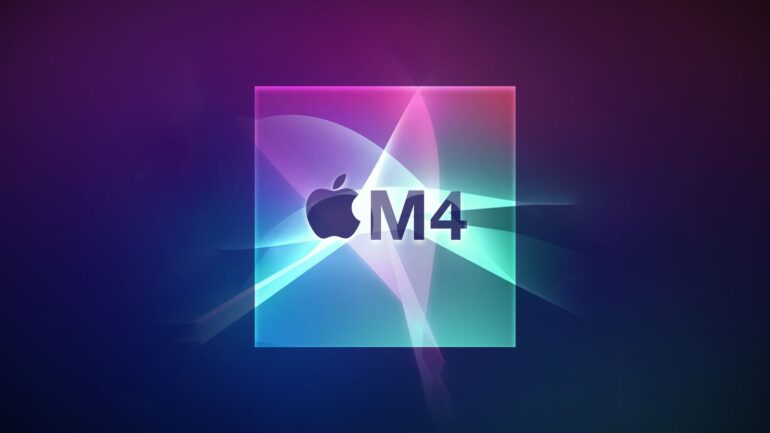- Apple is reportedly developing its first in-house AI processor, the M4 chip, alongside a self-designed AI server processor using TSMC’s 3-nanometer process.
- Industry reports suggest that Apple’s AI server processor might utilize TSMC’s advanced “N3E” process, aligning with other major clients’ production schedules.
- Economic Daily News indicates that Apple’s AI initiatives will drive demand for TSMC’s advanced process nodes, benefiting manufacturing partners like Foxconn.
- Apple’s strategic move to secure initial capacity for TSMC’s 3-nanometer process underscores its commitment to innovation and long-term partnerships.
- Extensive AI functionality testing conducted by Apple and Foxconn underscores their collaborative efforts in refining AI capabilities across products.
- Speculation arises regarding Apple’s potential launch of a proprietary AI chip, signaling its dedication to advancing AI technology.
Main AI News:
Recent reports from industry insiders, including renowned outlets like MacRumors and Wccftech, have shed light on Apple’s ambitious foray into developing its inaugural in-house AI processor, the M4 chip. Simultaneously, the tech giant is rumored to be pioneering a self-designed AI server processor leveraging TSMC’s cutting-edge 3-nanometer process, with mass production anticipated to kick off in the latter half of 2025.
According to insights from Wccftech, Apple’s AI server processor could potentially harness TSMC’s state-of-the-art “N3E” process, a technology purportedly utilized by industry heavyweights like Qualcomm for its upcoming Snapdragon 8 Gen 4 and MediaTek for the Dimensity 9400. This strategic move underscores Apple’s commitment to staying at the forefront of technological innovation, leveraging advanced manufacturing processes to bolster its product lineup.
In light of these developments, sources cited in a report by Economic Daily News have pointed to Apple’s pivotal role in driving demand for TSMC’s cutting-edge process nodes. This surge in orders is expected to cascade down to manufacturing partners like Foxconn, positioning them as key beneficiaries of Apple’s ambitious AI endeavors. Such collaborations are poised to usher in a new era of technological advancement, with Taiwan’s manufacturing ecosystem poised to reap substantial rewards.
Furthermore, Economic Daily News highlights Apple’s strategic foresight in securing initial capacity for TSMC’s 3-nanometer process, underscoring the company’s long-term commitment to innovation and strategic partnerships. This bold move has not only bolstered TSMC’s financial performance, with revenue from its largest customer surpassing NTD 500 billion in 2022, but also signals Apple’s unwavering dedication to driving technological progress on a global scale.
Intriguingly, industry insiders quoted in the same report reveal that Apple has conducted extensive AI functionality testing, shrouded in utmost secrecy. Collaborative efforts between Apple and Foxconn have reportedly been underway, encompassing a myriad of projects and ongoing tests aimed at refining AI capabilities across Apple’s product ecosystem.
With Apple’s steadfast commitment to advancing AI technology and plans to integrate AI features into its upcoming iPhone models, speculation abounds regarding the company’s potential launch of a proprietary AI chip. As Apple continues to push the boundaries of innovation, the tech world eagerly awaits the unveiling of its groundbreaking developments in the realm of artificial intelligence.
Conclusion:
Apple’s venture into in-house AI processor development signifies a strategic shift in the tech landscape, with potential ripple effects across the market. By leveraging cutting-edge manufacturing processes and fostering collaborative partnerships, Apple is poised to redefine industry standards and drive innovation in artificial intelligence. This bold move not only cements Apple’s position as a technological pioneer but also sets the stage for transformative advancements in AI-driven technologies, with implications spanning across sectors and global markets.

